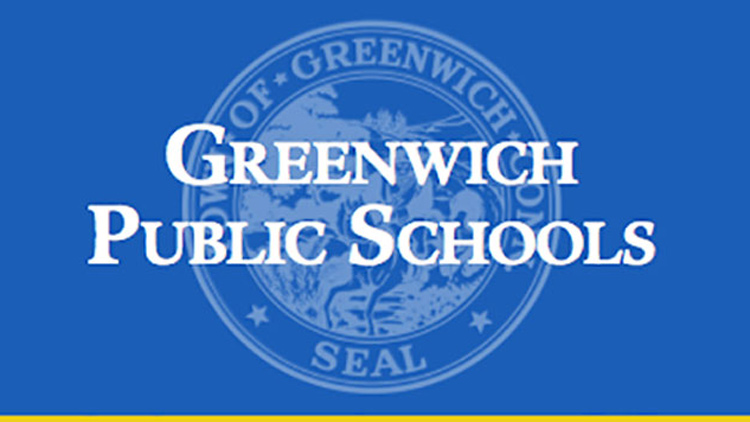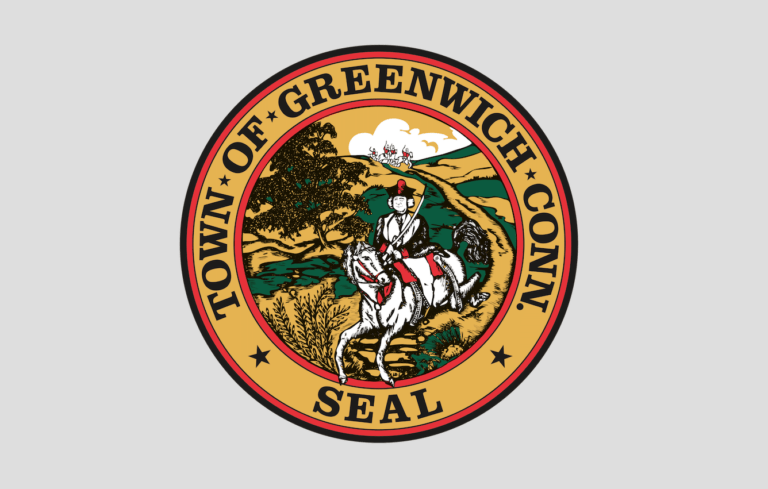Democrat BET Try to Raise Taxes to “Fix” a Problem That Doesn’t Exist
At the Monday, May 19th Board of Estimate and Taxation (BET) meeting to set the FY2026 mill rate, Democrat BET members advocated for higher taxes—citing what they described as a “fund deficit” and warning that failure to act could jeopardize Greenwich’s AAA credit rating. These claims were misleading, unsupported by the town’s financial position, and appeared aimed at justifying a tax hike we didn’t need.
Understanding the Fund Balance
Greenwich’s fund balance is essentially the town’s savings account — used to manage expenses, address one-time needs, and stabilize taxes from year to year. As of mid-May, the unassigned fund balance stands at $69.2 million, or approximately 14.7% of general fund expenditures. According to BET policy, the target range for this reserve is 8% to 15%, placing the current level near the top of the intended range. A portion of the fund is drawn down deliberately each year to reduce the tax burden, cover non-recurring costs, and avoid unnecessary borrowing. Historically, the fund balance has fluctuated within a wide but healthy range—typically between $25 million and $72 million—making today’s level well above average and firmly within expected norms.
The “Deficit” Claim Didn’t Hold Up
Democrat BET members claimed Greenwich was in a “fund balance deficit,” citing a year-over-year decrease from $71.2 million to $69.2 million, and proposed raising taxes to “restore” the fund balance. But small declines are expected when reserves are near the top of the target range. A $2 million shift in a $475 million budget is marginal—and reflects the responsible use of reserves, not financial weakness. By any reasonable measure, Greenwich remains in a strong fiscal position.
Greenwich’s AAA Rating Is Not at Risk
Greenwich has held a AAA rating f rom all major credit agencies for over two decades— even when fund balances dropped as low as 6%. Ratings agencies focus on long-term fundamentals: tax base, debt, governance, and overall reserves—not minor year-to-year shifts. As the Comptroller noted, a $2 million change is effectively flat. Democrats’ claims that our AAA rating is at risk simply don’t align with the facts or the town’s record.
Why overfunding reserves matters
The push to grow the fund balance beyond policy limits opens the door to future spending without public debate or direct taxpayer scrutiny. It creates a cushion that can quietly absorb new initiatives or budget growth — without clear justification. That may ultimately be the goal.
As one Democrat legislator recently said, “Tax my people — they won’ t even notice.” That mindset has no place in Greenwich, where taxpayers do notice — and expect fiscal responsibility.
Democrats Pushed for More — Then Backed Off
A tax increase now is unnecessary and ill-timed. In the current economic climate, families are already feeling the strain of inflation and high property taxes. Asking them to pay more—not to improve services, but to pad reserves that already exceed policy targets— is neither prudent nor necessary. After Republicans laid out the facts, Democrat BET members backed off. The final FY2026 mill rate was set at 12.04, reflecting a 2.8% increase—well below the 3.2% Democrats most recently advocated and far lower than their earlier proposals of up to 4–5%.
By Republican BET Members: David Alfano, Nisha Arora and Lucia Jansen



